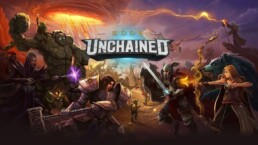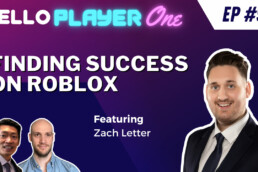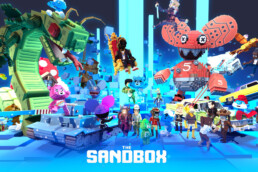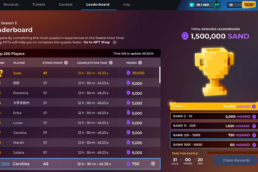I started playing Gods Unchained on 4/8/2020. It’s that specific because that’s when I purchased my first card for that game, as verified by Etherscan. I was scrolling through my Facebook newsfeed and came upon their ad. I remember seeing the ad being on mobile, which made this even more bizarre.
Gods Unchained was and still is playable only on PC. So you can imagine how weird it must be to see an ad on a mobile device for a game on desktop.
The steps to get into the game were long. Upon arriving on the site, I needed to install Metamask which I didn’t have. Then after installing it, I needed to move funds to it from Coinbase. Then I had to sign up for a Gods Unchained account using the wallet, which is a new concept as I knew signups to use email.
After exploring the site a bit, I started watching YouTube videos of the game to get an understanding of how the mechanics work. I quickly realized that it’s similar to Hearthstone which I played a lot before. But instead of having to buy packs of cards, I can go purchase each card individually. That’s cool!
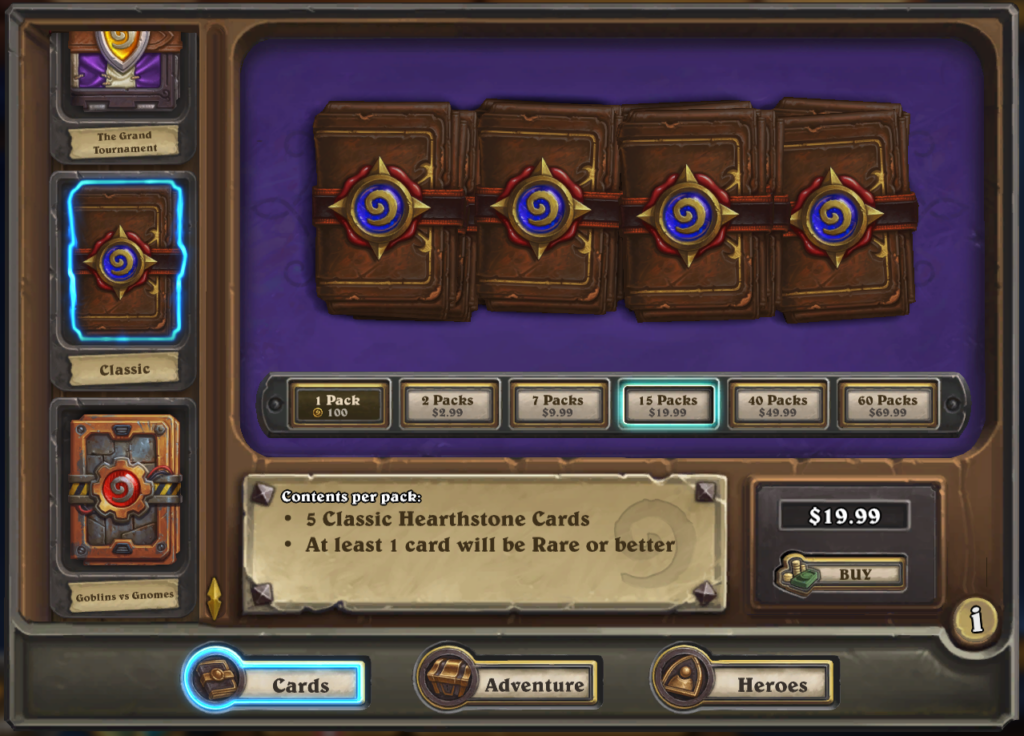 Buying card packs in Hearthstone
Buying card packs in Hearthstone
There were decks crafted by some of the top players so I decided to try out one of them. Using TokenTrove, I made my first purchase. Then a few more. In a few minutes, I had a playable deck and only of the cards I wanted.
Ok this is interesting I thought. I never had this experience before. I was now buying each individual card with a currency that’s very liquid (ETH) and not the in-game currency. And I’m able to resell the card back using the marketplace if I choose to.
This experience made me reflect on what ownership and authenticity means, two of the most important aspects of NFT technology.
Ownership
I used to collect basketball cards and so I’ll look at ownership from that lens.
With some of the rare cards that I own, I would put them into plastic sleeves and then into card protectors. From there, I put this stack into a box. From time to time, I would go through the collection, look at them and reflect on my childhood.
As a kid, I would frequently trade cards with my friend. I had a card he wanted and vice versa. We would just make the trade without any third party.
I knew that the card I owned was real and not a reprint. I know this because all my cards were from the original packs. But to another person, they would need to trust me that what I said was true. Or I had to get the card authenticated and graded by a 3rd party like PSA.
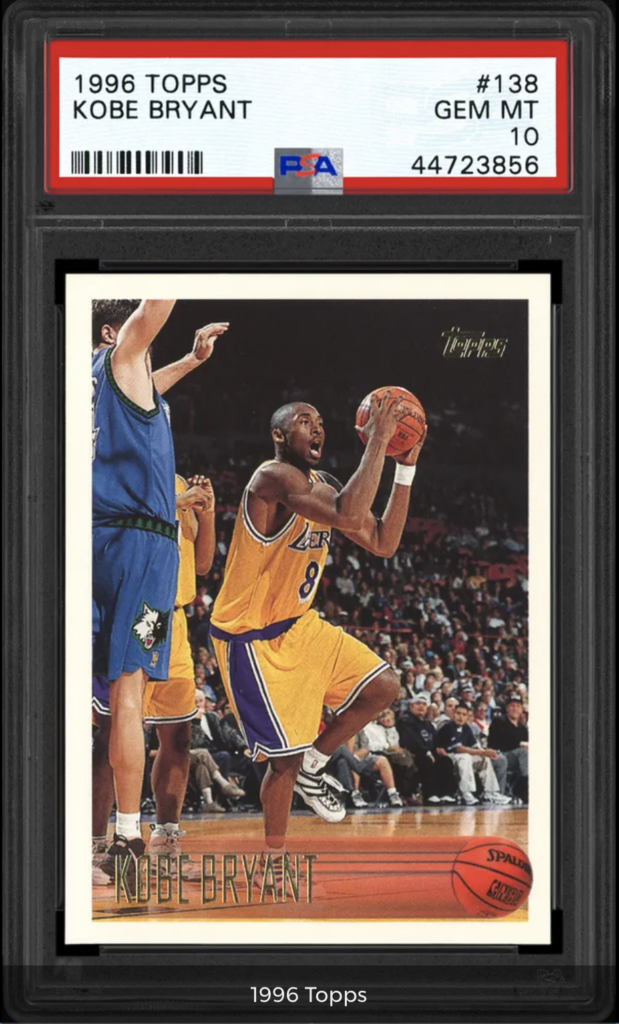 PSA graded gem-mint Kobe Bryant Topps rookie card
PSA graded gem-mint Kobe Bryant Topps rookie card
The Gods Unchained cards I purchased had all the elements of this. I could look at it whenever I want. Moreover, I could use it in a game, giving it even more utility. I could also sell it whenever I want on the Gods Unchained marketplace as well as TokenTrove, and now the Immutable X marketplace. And lastly, it was already authenticated without needing any 3rd party. The digital cards are on the Ethereum blockchain and have a record of when I purchased them.
Authenticity
Authenticity is simply that something is what it says it is, with verifiable proof.
I played a lot of Diablo growing up, specifically Diablo 2 LOD. The ultimate goal of the game, once you leveled your character to the max was finding ultra rare items. Some of these items were extremely powerful, providing a tremendous boost to the character. Players either equipped these items to win Player vs Player games or to find better loot.
Some items were so rare and powerful that they were duplicated. When a player trades for one of these items, they have no idea whether it was the real thing or not. This wasn’t so big of a problem unless the publisher, Blizzard in this case decided that they would remove any dupes in the game. And they did.
Players would log into their account and sometimes find their items missing from their inventory.
Blockchain, specifically NFT technology solves this. With the card I purchased, there’s a record of it. It also shows the card’s total population. Even cooler, if that card is traded the blockchain will show all the previous owners of it.
Let’s revisit my basketball cards collection for a bit. The dream of a lot of kids that I knew was to own a Michael Jordan rookie card. It’s still one of the most sought after basketball cards today. But the problem is, we have no idea how many there are out there. We only know how many have been submitted to be graded. This image shows how many have been submitted to PSA for grading and lists the population of each card in its condition.
 Michael Jordan 1986 Fleer rookie card PSA graded population
Michael Jordan 1986 Fleer rookie card PSA graded population
There are even still unopened cases, let alone boxes! This one sold for $1.8 million back in August, 2020.
It’s estimated there are about 40 Michael Jordan rookie cards in there. This uncertainty with the card’s total population is great for 3rd party grading companies but a problem for collectors. How many more unopened cases are out there? No one knows.
If the card was created with NFT technology, we would know exactly how many there are in existence from the moment it was created. This is very valuable for any collector.
Wrapping Up
So what is my understanding of NFT now? It’s a digital item that I truly own and has verifiable authenticity without the need of a 3rd party. And I’m thankful for Gods Unchained being a fun card game and running Facebook ads to help me to see that.
What was your first NFT purchase? Have you played Gods Unchained? Here are some simple suggestions to better understand NFTs:
- Go try Gods Unchained and build a deck
- Try buying a Fortnite skin and then resell it
- Buy a PFP (Picture for Profile) NFT and see how you feel about it. Display it, trade it, even destroy it.
Get more insights like this on the business and marketing of the metaverse delivered to your inbox. We’ll never spam you, ever.
Jack Liu
Digital marketing entrepreneur with a background in engineering, paid advertising, and product development. Founder of Tentango.
Related Posts
June 14, 2023
How To Successfully Launch Games on Roblox, with Zach Letter of Wonder Works
How can developers successfully launch games on Roblox? In my recent…
May 20, 2023
Branding Success: Guaranteed Engagement in The Sandbox
The Sandbox Metaverse is a really interesting opportunity for branded…
May 15, 2023
Marketing Web 3 Games with Incentivized Token Rewards
Acquiring users for a game is expensive, very expensive. When I previously…
